Many people refer to their retirement savings as a “retirement nest egg,” but in theory, it should be made up of many sources of retirement income-many eggs. Even if Social Security and a company retirement plan were their only retirement savings sources, likely they haven’t thought about their withdrawal strategy. It’s not as simple as just drawing down retirement income from one or two sources without a plan. Have the following been considered?
- Taxable vs. Tax-Free income
- How much of their money is available to spend in retirement?
- Will money need to be put aside to pay taxes?
- Are there other income streams?
- Would investment advice produce better returns, even in retirement?
- Is there a withdraw strategy that will be better for me than liquidating only from one or two sources?
Options for Retirement
When considering these, having only one or two eggs doesn’t seem like enough. As Americans, we have many options to save for retirement:
- Tax-Sheltered retirement plans
- Tax-Free retirement plans
- Employer or Government employer-funded pension plans
- Company profit sharing retirement plans
- Insurance Products: Fixed-indexed annuities, Whole Life Insurance
- Certificates of Deposit
- Social Security
All these types of retirement savings options have different rules on taxation and when they can withdraw without penalty. Delaying Social Security, while taking withdraws from other taxable retirement income sources, can greatly impact income. For this reason, a retirement portfolio must be adjusted and monitored, and a plan developed for withdrawing from each income source, and its taxation consequences. These make financial planning throughout retirement even more critical.
How Do I Prepare?
Financial planning before retirement is about accumulating assets and the future. But once retired, financial planning focuses on making the retirement nest egg last, accumulation and outpacing inflation, draw-down strategies, tax consequences, and estate planning in addition to many other things.
If you have multiple or only a few retirement ‘nest eggs,’ now is an excellent time for us to discuss how taxes will impact you this year or in the future.
Additional Disclosure: This article is designed to provide general information on the subjects covered. Pursuant to IRS Circular 230, it is not intended to provide specific legal or tax advice and cannot be used to avoid penalties or to promote, market, or recommend any tax plan or arrangement. You are encouraged to consult your personal tax advisor or attorney.
Additional Disclosure: Purchasing an annuity within a retirement plan that provides tax deferral under sections of the Internal Revenue Code results in no additional tax benefit. An annuity should be used to fund a qualified plan based upon the annuity’s features other than tax deferral. All annuity features, risks, limitations, and costs should be considered prior to purchase an annuity within a tax-qualified retirement plan.
SW 420191220
As a retirement income specialist and 38-year veteran of the financial services industry, August H. Velten understands what his clients need in order to enjoy a comfortable retirement. Augie is a former instructor for the Life Underwriter Training Council and once occupied the legislative seat for the Maine Association of Life Insurers. At August H Velten & Associates, we know that it is your retirement, and you should have control over it. We offer our experience and knowledge to help you design a custom strategy for financial independence. Contact us today to schedule an introductory meeting!







